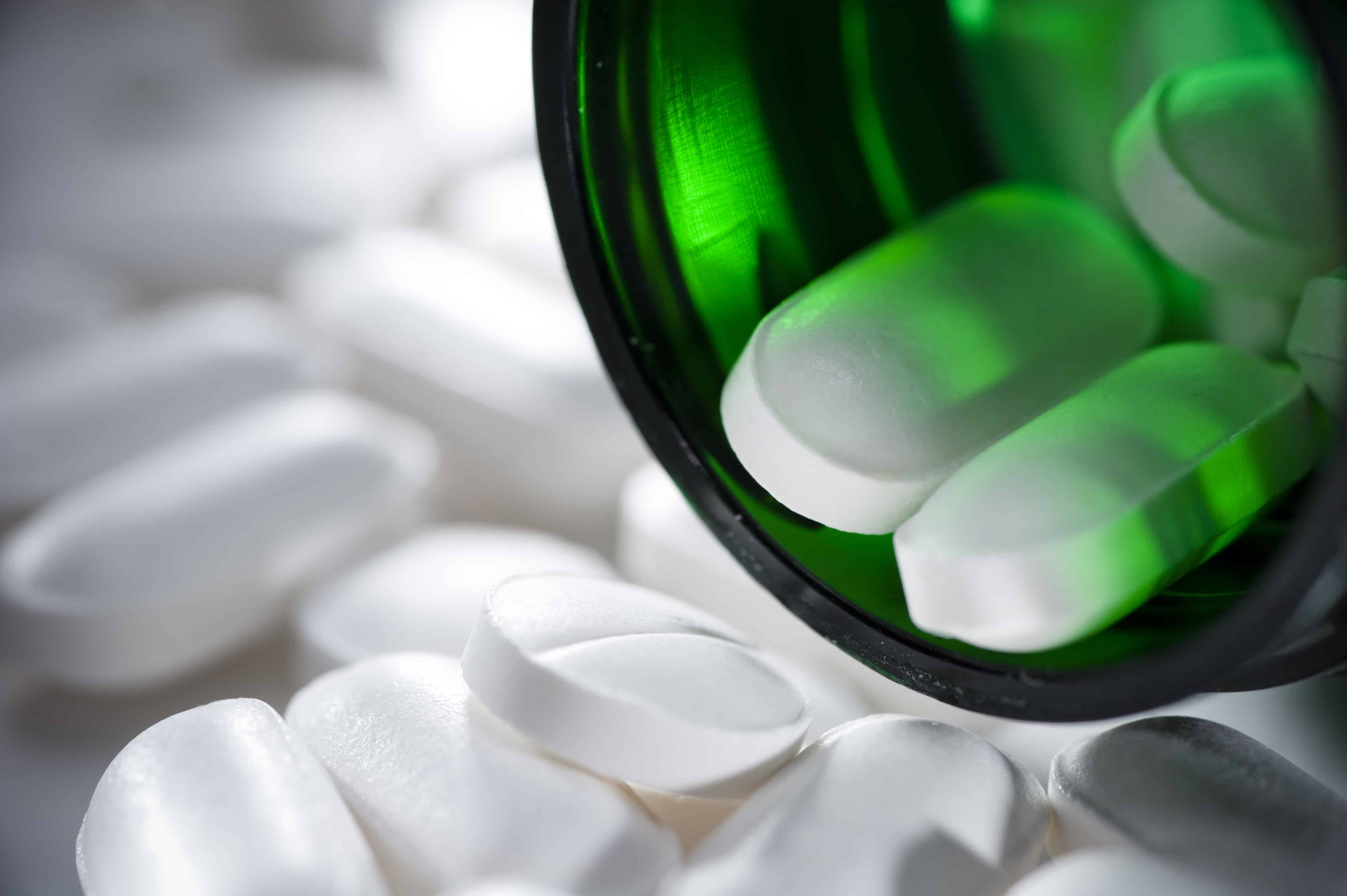Substance in cannabis ‘could boost pancreatic cancer treatments’
A substance found in cannabis plants might boost treatments for patients with pancreatic cancer, research in mice has suggested.
Cannabidiol, or CBD, is not psychoactive, meaning it does not produce feelings of being high in those who take it. It is extracted from hemp plants and is legal in the UK, although a CBD product must be licensed before it can be advertised as having health benefits. At present, there are no licensed CBD-only medicines in the UK, but it is being used in a number of clinical trials, including for treating psychosis.
Now scientists say CBD could boost the effect of drugs used to treat pancreatic cancer – a disease with a bleak prognosis. Only about 5% of those with the condition survive for five years, and around 80% die within a year of diagnosis.
“It is very aggressive, so it is very important to find new therapies for this cancer,” said Dr Riccardo Ferro, first author of the research from Queen Mary University of London.
While the latest study was conducted in mice, the team behind the research say that if the results are replicated in humans, the treatment could result in many patients having their lives extended by a matter of years.
What is CBD? The ‘miracle’ cannabis compound that doesn’t get you high
Read more
Writing in the journal Oncogene, Ferro and colleagues from the UK, Italy and Australia describe how they carried out experiments both on cells in dishes and on mice that had been genetically modified to develop pancreatic cancer, to show that a gene known as GPR55 is involved in the growth and multiplication of pancreatic cancer cells. This gene gives rise to proteins that sit in cell membranes and detect various substances, including certain cannabis-derived chemicals. The team found about 26% of human pancreatic cancer samples showed raised levels of such receptors, suggesting an accumulation in cancer tissues – at least for some patients.
Among the subsequent experiments, the team took mice that had been genetically modified to develop pancreatic cancer and split them into four groups.
Ten mice were given CBD, eight were given the chemotherapy drug gemcitabine, seven were given both drugs, and nine were given a placebo.
Mice in the placebo group lasted for just under 19 days on average, while those in the CBD group lived for just over 25 days and those in the gemcitabine group for almost 28 days.
When the two drugs were combined, the effect was even more dramatic, extending the average survival to almost 53 days after starting treatment.
The team say the CBD blocks the receptors produced by the GPR55 gene, preventing them from interacting with other substances that promote the growth and multiplication of the cancer cells. What’s more, they found CBD hinders the development of resistance to gemcitabine.
However, others cautioned that as the study involved only a small number of mice, it is unclear whether the effects of CBD would also be seen in humans, and that it is unknown whether CBD might interact with other drugs taken by those with pancreatic cancer.
Dr Catherine Pickworth from Cancer Research UK said it was encouraging that researchers were looking into new ways to tackle pancreatic cancer, but that clinical trials are crucial and until there is evidence that CBD will help humans with the cancer, patients should be cautious.
“We don’t advise patients to use cannabis oil or any alternative therapies to treat cancer,” she said. “Some ‘natural’ remedies can interfere with medical treatment, so it’s really important that patients speak to their doctor before making any decisions.”
Study looks at cannabis ingredient’s ability to help children’s tumours
Read more
Cannabis products have recently been in the spotlight after the cases of Billy Caldwell and Alfie Dingley came to public attention. Both children have forms of epilepsy that appear to be helped by cannabis oil, which contains both CBD and tetrahydrocannabinol (THC) – another cannabis-based substance that is psychoactive and is found in high levels in marijuana plants but only very low levels, if at all, in hemp.
Both THC and cannabis oil are controlled substances and classified under schedule 1, meaning that in the UK they are not recognised as having medical benefits. However, the home secretary, Sajid Javid, recently said he was looking into making cannabis oil easier to be prescribed in the UK.
A combination of CBD and THC called Sativex is currently licensed for use in people with multiple sclerosis, although patients in England struggle to get it on the NHS.
Prof David Nutt, a former government adviser on drugs, welcomed the new study, saying: “This is one drop in what I suspect will become a torrent of research findings showing therapeutic value of cannabinoids in a range of cancers.
“I am pleased progress is now being made but very sad for the thousands of people who have died prematurely from treatable cancer because of the lies national governments and the World Health Organization have told about cannabinoids having no medical value, and thus restricting research by placing them in schedule 1.”





